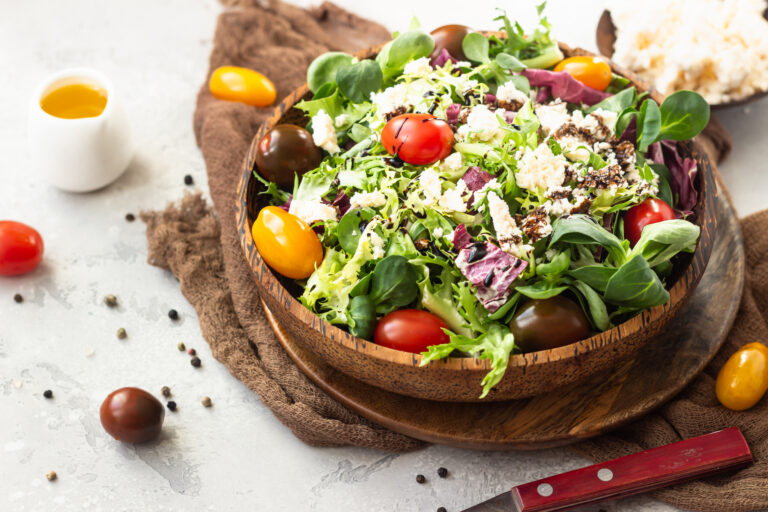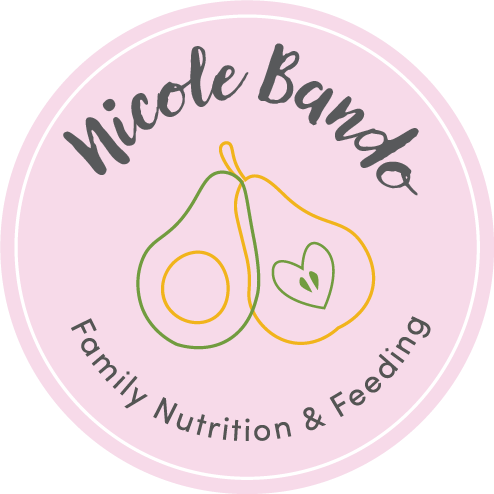Nicole Bando | Dietitian & Lactation Consultant
Search by typing & pressing enter
Search by typing & pressing enter
Search by typing & pressing enter
Nutrition and Breastfeeding Articles

‘It is hard to know what to believe with so much conflicting nutrition
information. I provide you with the latest evidence-based facts.’
Categories


Intermittent Fasting: a summary of the evidence
April 4, 2019
What is Intermittent Fasting (IF)?
- Cycles between brief fasting periods and unrestricted eating
- Loss of fat, clinically significant improvement in blood pressure, cholesterol, blood glucose, possibly insulin sensitivity
- Thought to reduce risks of CVD and Diabetes, however longest follow-up remains 12 months
- Stops body from adapting to prolonged caloric restriction, preventing further weight loss
Different types of IF:
1.Alternate day fasting: (the most well-studied)
- Is it easier to eat 500kcal 2 days a week, than 1200kcals every day on a traditional calorie-restricted diet?
- What does 500kcals look like?
Breakfast: black coffee, small boiled egg, 3 asparagus
Lunch: bread, slice ham, lettuce
Snack: herbal tea/low kJ hot chocolate
Dinner: Small piece fish, 100g boiled potato, 100g boiled peas
- 25% energy intake more for heavier person or with higher activity levels
1.Time restricted feeding (16:8)
- E.g. Meals 8am-3pm, fasting remainder of day
2.Whole-day fasting
- 1-2 days per week 0-25% calorie needs, no restriction other times
What does the literature say?
When IF and normal calorie restriction compared reduction in health parameters, studies show there is NO SIGNIFICANT DIFFERENCE BETWEEN:
- Weight loss or body composition
- Weight regain
- Blood pressure, HR, glucose, insulin, cholesterol at 12 months’ follow-up
- Studies have shown that followers generally do not overeat on non-fasting days when compared to other weight loss methods.
- In women, there are anecdotal reports of changes to the menstrual cycle, therefore a modified approach may be required
There are benefits:
- Weight loss and resultant improvement in health parameters
- It’s simple to implement, no difficult rules or expensive products
- More food may be eaten over a shorter time frame
There are disadvantages:
- Difficult to sustain in the long term (consider social events, which many people struggle with moderating)
- Lowered energy levels and productivity (reduced capacity to exercise, concentrate)
- Risk of binge, constant thinking about food – not recommended for individuals who follow a binge-restrict pattern of eating.
- No focus on QUALITY of diet only QUANTITY
- Risk of nutrient inadequacy if not well considered
- Risk of weight regain
There are disadvantages:
- Difficult to sustain in the long term (consider social events, which many people struggle with moderating)
- Lowered energy levels and productivity (reduced capacity to exercise, concentrate)
- Risk of binge, constant thinking about food – not recommended for individuals who follow a binge-restrict pattern of eating.
- No focus on QUALITY of diet only QUANTITY
- Risk of nutrient inadequacy if not well considered
- Risk of weight regain
It is unsafe in the following categories:
- Eating disorders
- Adolescents (active growth)
- Pregnancy and breastfeeding
- Specific medical conditions requiring medications (e.g. diabetes) – can be utilised in diabetes with medical management, including medication adjustment.
- Food/dieting can cause adverse reactions, malnutrition
- Refer to your resident NEST dietitian to assist with nutritional adequacy and safety
So the bottom line is:
Confirms evidence for caloric restriction
May be helpful in the short-term due to reduction in hunger hormone, grehlin
- There is evidence that it can be a good alternative to usual caloric restriction for some individuals
- It is unclear if it is superior to other methods weight loss: more high quality studies are needed with longer-term follow-up
- Certain people who eat 1-2 meals per day may do better on this
- More high quality studies, including RCT’s are needed, with follow-up greater than 12 months
- Therefore cannot make strong recommendations
- Difficult for person who eats every few hours
- Risk overeating
- Binge-restrict cycle
- Fixation food
- Impact on children who see parents skipping meals?
- How long should diet be followed for benefit?
References
- Trepanowski JF, Kroeger CM, Barnosky A, Klempel MC, Bhutani S, Hoddy KK, Gabel K, Freels S, Rigdon J, Rood J, Ravussin E, Varady KA. Effect of Alternate-Day Fasting on Weight Loss, Weight Maintenance, and Cardioprotection Among Metabolically Healthy Obese Adults: A Randomized Clinical Trial. JAMA Intern Med. 2017; 177(7):930-938.
- Schübel R, Nattenmüller J, Sookthai D, Nonnenmacher T, Graf ME, Riedl L, Schlett CL, von Stackelberg O, Theron J, Nabers D. Effects of intermittent and continuous calorie restriction on body weight and metabolism over 50 wk: a randomized controlled trial. American J. Clin. Nutr. 2018; 108(5):933–945,
- Seimon RV, Roekenes JA, Zibellini J, Zhu B, Gibson AA, Hills AP, Wood RE, King NA, Byrne NM, Sainsbury A. Do intermittend diets provide physiological benefits over continuous diets for weight loss? A systematic review of clinical trials. Mol Cell Endocrinol. 2015; 418:153-72
